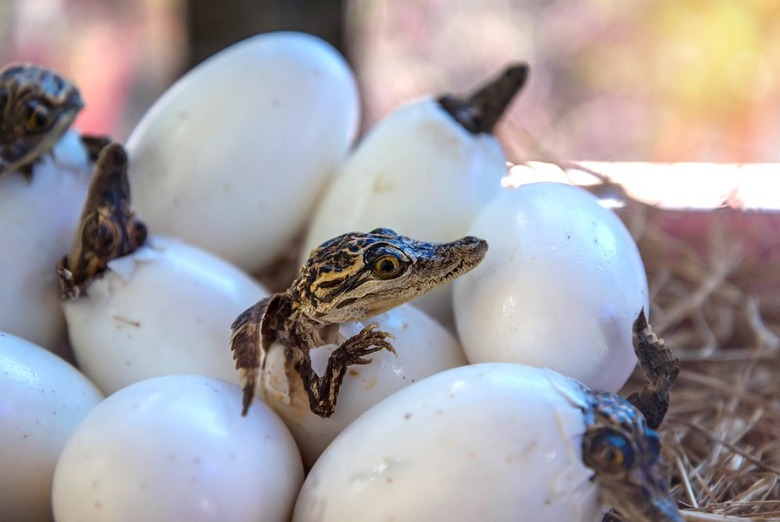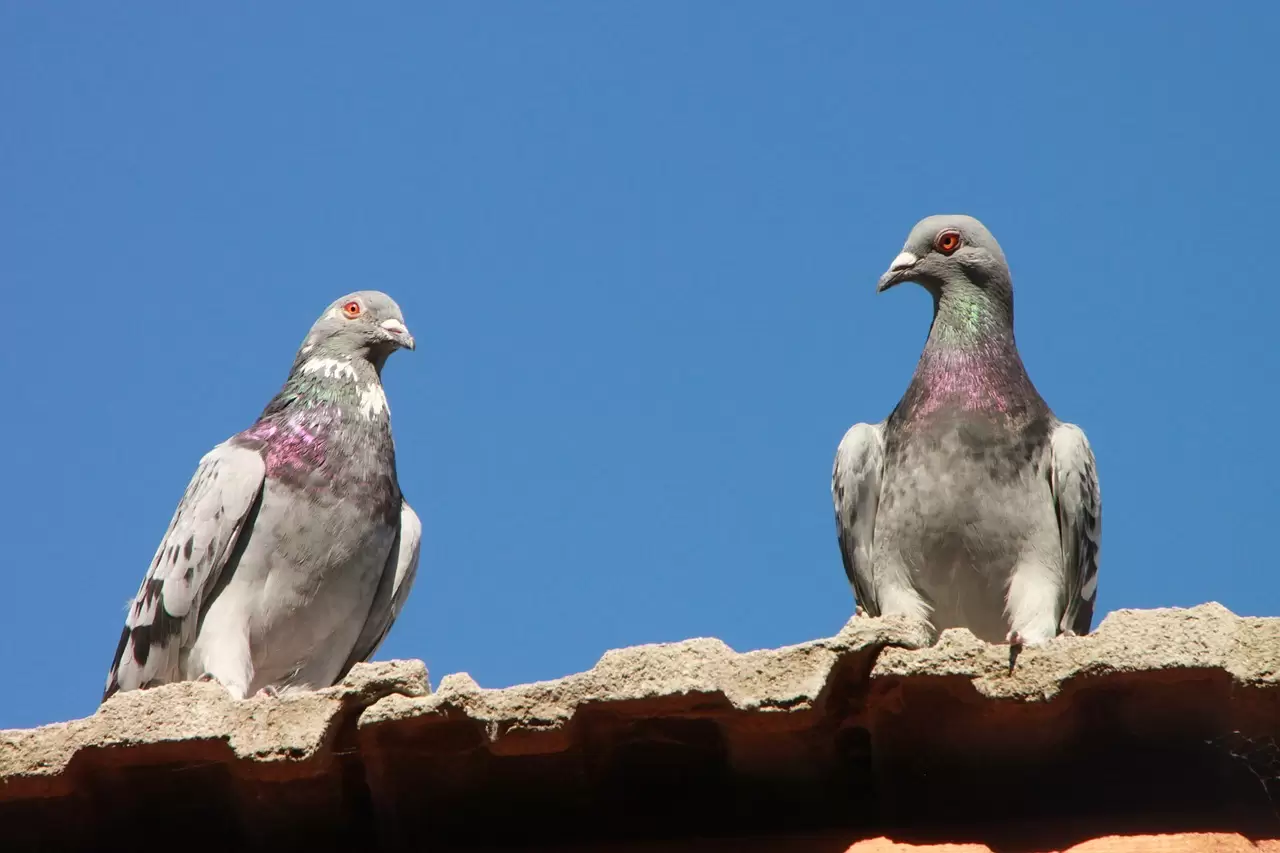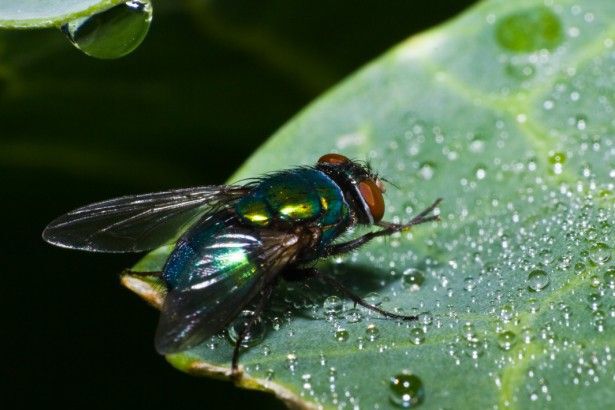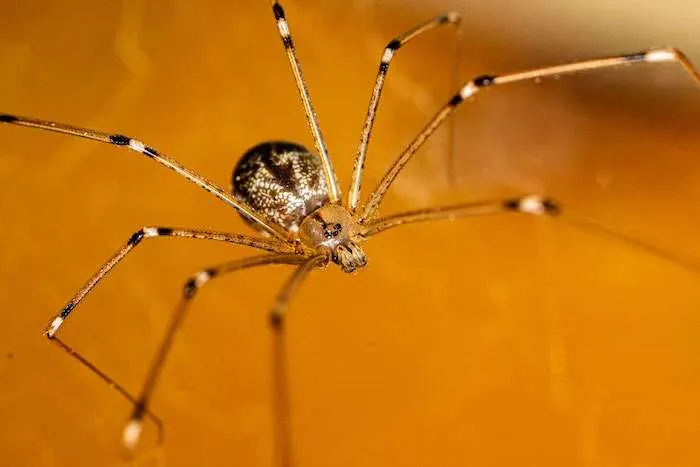Yes, you can eat crocodile eggs, but it’s not a common practice globally. In some cultures, crocodile eggs are considered a delicacy and are consumed. They are said to have a flavor similar to chicken eggs but with a unique twist.
However, it’s important to note that consuming crocodile eggs may have legal and ethical considerations, as crocodiles are protected species in many regions.
Additionally, sourcing and preparing crocodile eggs require caution and adherence to relevant regulations. Before trying them, it’s advisable to ensure the eggs are obtained legally, respecting conservation efforts and local laws.
What is the nutritional value of crocodile eggs?
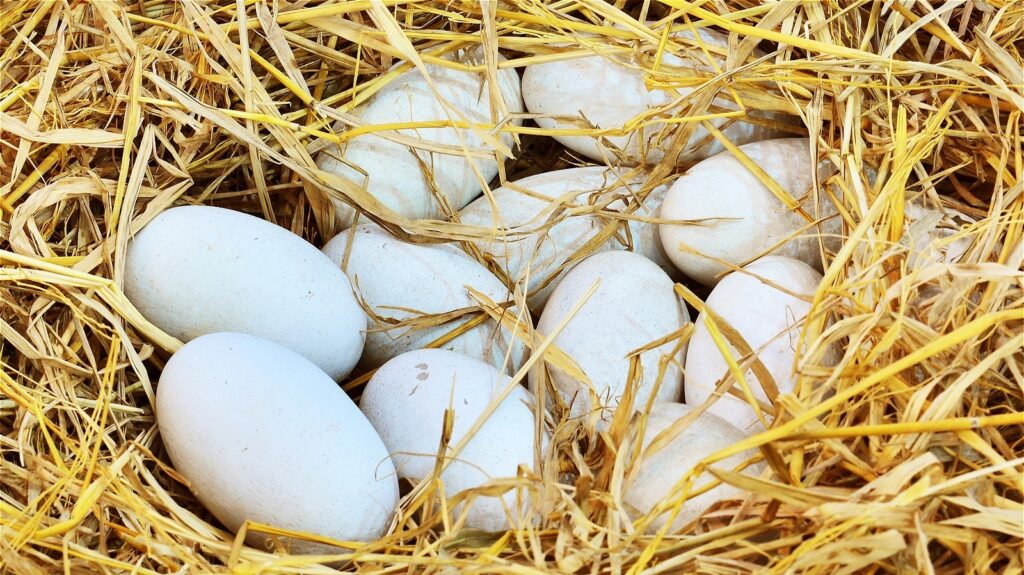
Crocodile eggs are nutritionally dense and offer a unique profile of essential nutrients. While the exact composition can vary based on factors such as the crocodile’s diet and habitat
Proteins
Crocodile eggs are an excellent source of high-quality proteins. Proteins are crucial for the body’s growth, repair of tissues, and the production of enzymes and hormones.
The proteins found in crocodile eggs are complete, meaning they contain all essential amino acids that the body cannot produce on its own.
Fats
Crocodile eggs contain a good balance of healthy fats, including omega-3 and omega-6 fatty acids. These fatty acids are essential for various bodily functions, such as supporting heart health, promoting brain function, and reducing inflammation. The presence of healthy fats contributes to the overall nutritional value of crocodile eggs.
Vitamin
Crocodile eggs are rich in vitamins, with a notable concentration of B-complex vitamins. Vitamin B12, in particular, is essential for the formation of red blood cells and the maintenance of the nervous system.
The presence of other B vitamins, such as B6 and riboflavin, further enhances the nutritional content of crocodile eggs.
Minerals
Crocodile eggs provide essential minerals like calcium and iron. Calcium is vital for bone health, playing a crucial role in bone formation and maintenance.
Iron is necessary for the production of hemoglobin, the protein in red blood cells that carries oxygen throughout the body.
Nutrient Density
The nutrient density of crocodile eggs refers to the concentration of essential nutrients per calorie. As a nutrient-dense food, crocodile eggs offer a substantial amount of vitamins and minerals relative to their calorie content.
This makes them a valuable addition to a well-balanced diet, providing a range of nutrients that support overall health.
Is it legal to eat crocodile eggs?
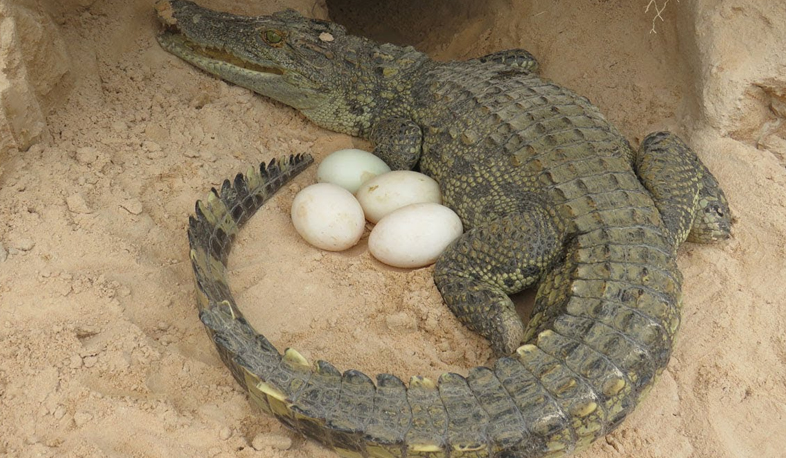
The legality of consuming crocodile eggs in the UK is not explicitly addressed in legislation. However, several regulations come into play
Food Safety
Crocodile eggs, not being considered traditional food in the UK, fall under the Novel Food Regulation (EU) 2015/2283.
This regulation is in place to ensure the safety of novel or unconventional food items before they are made available for consumption.
In the case of crocodile eggs, a thorough safety assessment by the European Food Safety Authority (EFSA) is required before they can be legally sold for consumption in the UK.
This assessment process involves rigorous scientific evaluation to ascertain that the eggs meet safety standards. However, this process is both time-consuming and costly, posing a significant barrier for businesses looking to commercially offer crocodile eggs.
Endangered Species
Some crocodile species are protected under the Convention on International Trade in Endangered Species of Wild Fauna and Flora (CITES).
If the crocodile eggs in question come from any of these CITES-listed species, importing or selling them in the UK without the appropriate permits is illegal.
This regulatory measure is designed to prevent the illegal trade of endangered species and to safeguard their populations in the wild.
Animal Welfare
Even if crocodile eggs pass safety assessments, there are additional considerations related to animal welfare.
The Animal Welfare Act 2006 in the UK addresses concerns about the treatment of animals, including those involved in egg production.
If the harvesting of crocodile eggs is carried out in a manner that harms the crocodiles or their habitats, it could be considered an offense under this act.
This underscores the importance of ethical and humane practices in any activities related to crocodile egg harvesting.
Do crocodile eggs have cultural significance?
Yes, crocodile eggs do hold cultural significance in several parts of the world, particularly in regions where crocodiles are native or have been historically important. Here are some examples:
Africa: In some African cultures, crocodiles are seen as powerful symbols of fertility and creation. Crocodile eggs are believed to possess similar potent qualities and are sometimes used in traditional medicine or rituals related to childbirth and family well-being.
Southeast Asia: In parts of Southeast Asia, such as Papua New Guinea and the Philippines, crocodile eggs are considered a delicacy and a valuable source of protein. They are traditionally cooked and eaten boiled, roasted, or grilled.
Indigenous Australia: For some Indigenous Australian groups, crocodiles are totemic animals, meaning they hold spiritual significance and are considered ancestors or kin. Crocodile eggs are seen as sacred objects and are used in ceremonies and rituals.
Mesoamerica: In ancient Mesoamerican cultures, such as the Maya and Aztecs, crocodiles were associated with deities of water, creation, and the underworld. Crocodile eggs were likely incorporated into offerings and rituals related to these deities.”
How to cook crocodile eggs?
Cooking crocodile eggs is not a common practice in many places, and it’s important to approach it with care, considering ethical and legal considerations, as well as the conservation status of crocodiles.
However, if you happen to be in an area where it’s legally and ethically permissible to obtain and cook crocodile eggs, here’s a general guide on how they might be prepared:
Ingredients
- Crocodile eggs
- Water (for boiling)
- Salt (optional)
- Herbs and spices (optional)
Instructions
Ensure that obtaining crocodile eggs is legal and ethical in your region. Obtain them from a reputable source, if available, to support sustainable practices.
Gently clean the crocodile eggs to remove any dirt or debris. Handle them with care to avoid damaging the delicate shells.
Boil a pot of water, adding a pinch of salt if desired. Carefully place the crocodile eggs into the boiling water. Boil the eggs for about 15-20 minutes.
Once boiled, transfer the eggs to a bowl of cold water to cool. This will make it easier to handle and peel the eggs.
Peel the crocodile eggs, similar to how you would peel chicken or duck eggs. The shell may be thinner, so be gentle to avoid breaking the egg.
If desired, season the peeled crocodile eggs with herbs and spices of your choice. Common choices include salt, pepper, and herbs like parsley or chives.
Crocodile eggs can be served as a standalone dish or used as an ingredient in other recipes. Consider incorporating them into salads, appetizers, or other dishes.
Note
Always follow local regulations and guidelines regarding the collection and consumption of crocodile eggs.
Respect ethical and sustainable practices to ensure the conservation of crocodile populations.
Crocodile eggs are considered a delicacy in some regions, so you might find local recipes or recommendations for cooking methods.
Remember, due to the potential impact on wildlife populations, it’s crucial to prioritize ethical and legal considerations when it comes to obtaining and cooking crocodile eggs.
Always follow local laws and regulations and support conservation efforts to protect these unique and often vulnerable species.
Where can you find crocodile eggs?

Finding crocodile eggs depends on the region and local regulations, as well as ethical considerations due to the conservation status of crocodiles. Here are some potential sources where crocodile eggs might be found
Specialized Farms
Some regions have specialized crocodile farms that focus on conservation efforts, research, and sustainable practices. These farms may legally and ethically harvest crocodile eggs as part of their operations.
Wildlife Sanctuaries
Wildlife sanctuaries or reserves with a focus on crocodile conservation may have programs in place to manage crocodile populations. In some cases, they might collect and incubate eggs to ensure the survival of the species.
Ethical Suppliers
If crocodile eggs are legally and ethically available in your region, certain suppliers or markets with a commitment to sustainability may provide access to these eggs. Ensure that you choose reputable sources that prioritize conservation.
Culinary Events or Experiences
In regions where eating crocodile eggs is part of culinary traditions, you may find them featured in certain local restaurants or culinary events that celebrate unique and traditional dishes.
Ethnic or Exotic Food Markets
In some areas, you might come across exotic or ethnic food markets that offer rare and unique ingredients. If crocodile eggs are legally obtainable, they might be available through these specialized markets.
Important Considerations
Always check and adhere to local laws and regulations regarding the collection and consumption of crocodile eggs. Harvesting crocodile eggs without proper authorization can have legal consequences.
Prioritize ethical and sustainable sourcing. Choose suppliers and sources that adhere to conservation practices and support the well-being of crocodile populations.
Be mindful of the potential impact on wildlife populations. If there are concerns about the conservation status of crocodiles, it’s essential to prioritize conservation efforts over personal consumption.
FAQ
Do crocodile eggs have yolk?
Crocodile eggs do have a yolk, similar to other reptile eggs. The yolk serves as a nutrient source for the developing embryo.
What’s inside a crocodile egg?
Inside a crocodile egg, you’ll find the yolk, which nourishes the growing embryo, and the albumen or egg white, which provides additional nutrients and protection.
How much are crocodile eggs worth?
The value of crocodile eggs can vary widely based on factors such as species, size, and local regulations. Prices may range from a few dollars to significantly higher amounts in regions where they are legally available.
Which animal egg is most expensive?
The world’s most expensive eggs are often from rare or endangered species like the albino sturgeon, whose eggs are used to produce caviar. These can be incredibly pricey, with some varieties commanding thousands of dollars per pound.
Are crocodile eggs healthy?
Crocodile eggs are nutritionally dense, offering proteins, healthy fats, and essential nutrients. However, ethical and legal considerations should be prioritized, as crocodiles are often protected species.
Are crocodile eggs poisonous?
Crocodile eggs are not inherently poisonous. However, ethical sourcing and adherence to local regulations are crucial to ensure the well-being of crocodile populations and avoid legal issues.
Is it good to eat crocodile?
The consumption of crocodile meat is a cultural practice in some regions. While it can be a source of protein, it’s essential to consider ethical and legal aspects and prioritize sustainable practices.
Do any animals eat crocodile eggs?
Yes, Various predators, including monitor lizards, snakes, and birds, may prey on crocodile eggs. Humans and other large mammals can also pose threats to crocodile nests.
Who buys crocodile eggs?
Crocodile eggs may be purchased by wildlife sanctuaries, conservation programs, or specialized farms involved in crocodile breeding programs. Additionally, in regions where eating crocodile eggs is culturally accepted, local markets and consumers may buy them.
Final thoughts
On the whole, while it’s technically possible to eat crocodile eggs, there are important factors to consider. Legality and ethical sourcing play a crucial role in ensuring the well-being of crocodile populations and ecosystems.
If you find yourself in a region where consuming crocodile eggs is permissible, always prioritize sustainable practices, adhere to local regulations, and respect the conservation efforts aimed at protecting these unique creatures.
Remember, culinary exploration should go hand in hand with responsible choices to preserve the balance of our environment.







